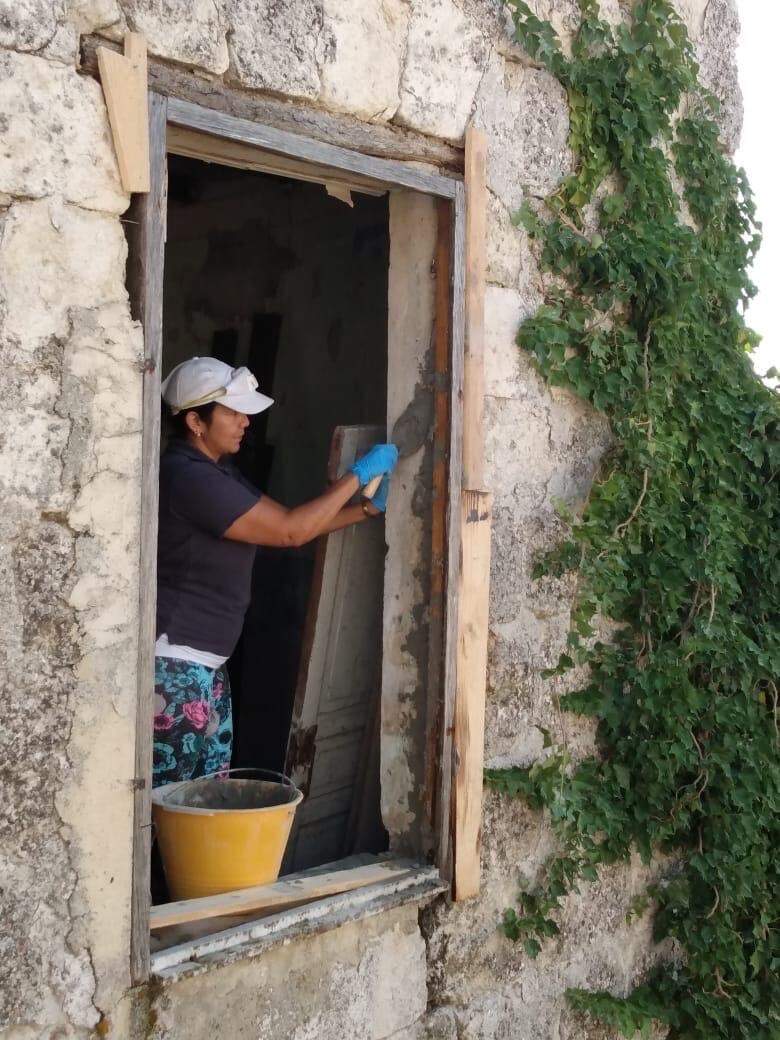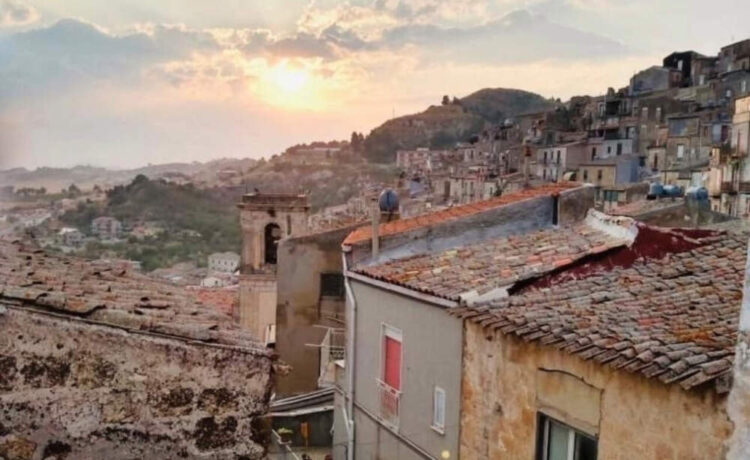Housing in the U.S. is increasingly becoming more expensive. But what if you could buy a vacation home – in Italy no less – for a fraction of the price of a cappuccino? Dozens of towns across Italy are offering homes for 1 euro, the equivalent about $1. It’s an initiative that started in the 2000s as a way to revitalize areas struggling with depopulation. But is the deal really worth it?
Rubia Andrade Daniels, an American renewable energy consultant, bought three of these properties in 2019. They’re located in Mussomeli, a historic village with about 11,000 residents in central Sicily.
7 questions with Rubia Andrade Daniels

How did you first hear about the 1-euro houses?
“My husband saw something on the phone talking about 1-euro houses, and he shared [it] with me. And within three days I booked my ticket, my rental car and my hotel and I left for Sicily to see for myself if it was true or not.”
And what did you find?
“I am originally from a small town in Brazil. And going back to Sicily made me feel like going back [to] my little town and back in Brazil where everyone wants to talk to you. Everything feels like family.”
What was the property like? These homes for sale are apparently not properties that the locals want to buy. What did you see?
“The houses were fully collapsed. So, you pretty much get the house for the symbolic moment for 1 euro. So, the house is pretty much free, and you have three years to remodel, and the house was fully collapsed. But I work with construction, so that was actually a very exciting moment for me because you see it and you see the potential.
“I spent about 60,000 [euros], but I have a full remodeled house exactly the way I want it. For me, it’s an incredible experience, an incredible journey with very little money.”
Was it difficult? Did you run into any issues with delays or permitting snags?
“Things move much slower there. You want something done. Let’s say you give a month for the project – a small project – to be completed. But then on that month, they have many holidays or [if] there’s a religious event happening, and you get no work done. It’s just the way it is. It’s an island. People live at a different pace.”
When you went to visit the properties, did you have any conversations with any of the neighbors? Did anyone want to know about you and who you were and why you were doing this?
“It’s like every single person wants to have a coffee with you. It’s all about socializing. Everybody takes a break from noon to four every single day.”
Which is wonderful unless you want to get some work done.
“I think that has a lot to do with longevity. And that’s why they live longer: because they don’t carry the same stress that we do. The air is clean. The water’s drinkable. The coffee is excellent. The wine is excellent. They have gelato. So you’re going to invest very little and you’re going to have a vacation home. And that’s the worst scenario. So, it’s a great experience.”
Do you feel like you’re looked at as wealthy foreigners who came in? Do you represent cultural change?
“At this point, I don’t see that happening. I think people are very welcoming with the development. There’s way more restaurants and bars open, which was what was expected when the project started to revitalize the city. And we are doing that because the flux of people coming through is much higher than it was five years ago. People are way more embracing and it’s very diverse. You know, we have British [people], Americans, Argentinians. So, it’s becoming really diverse. So, I think overall it’s a success.”
Will Walkey produced and edited this interview for broadcast with Todd Mundt. Walkey also adapted it for the web.
This segment aired on January 24, 2025.

















